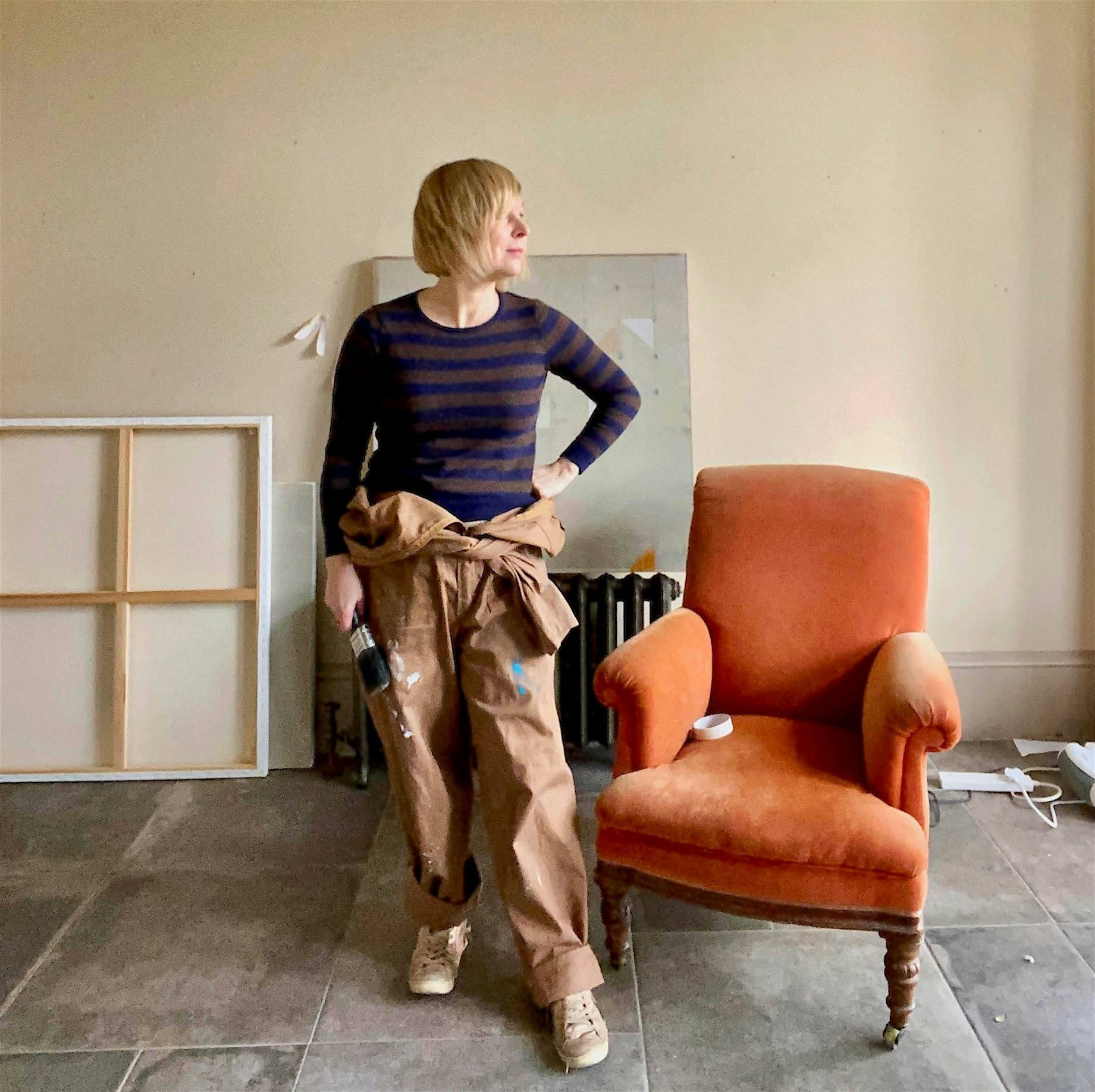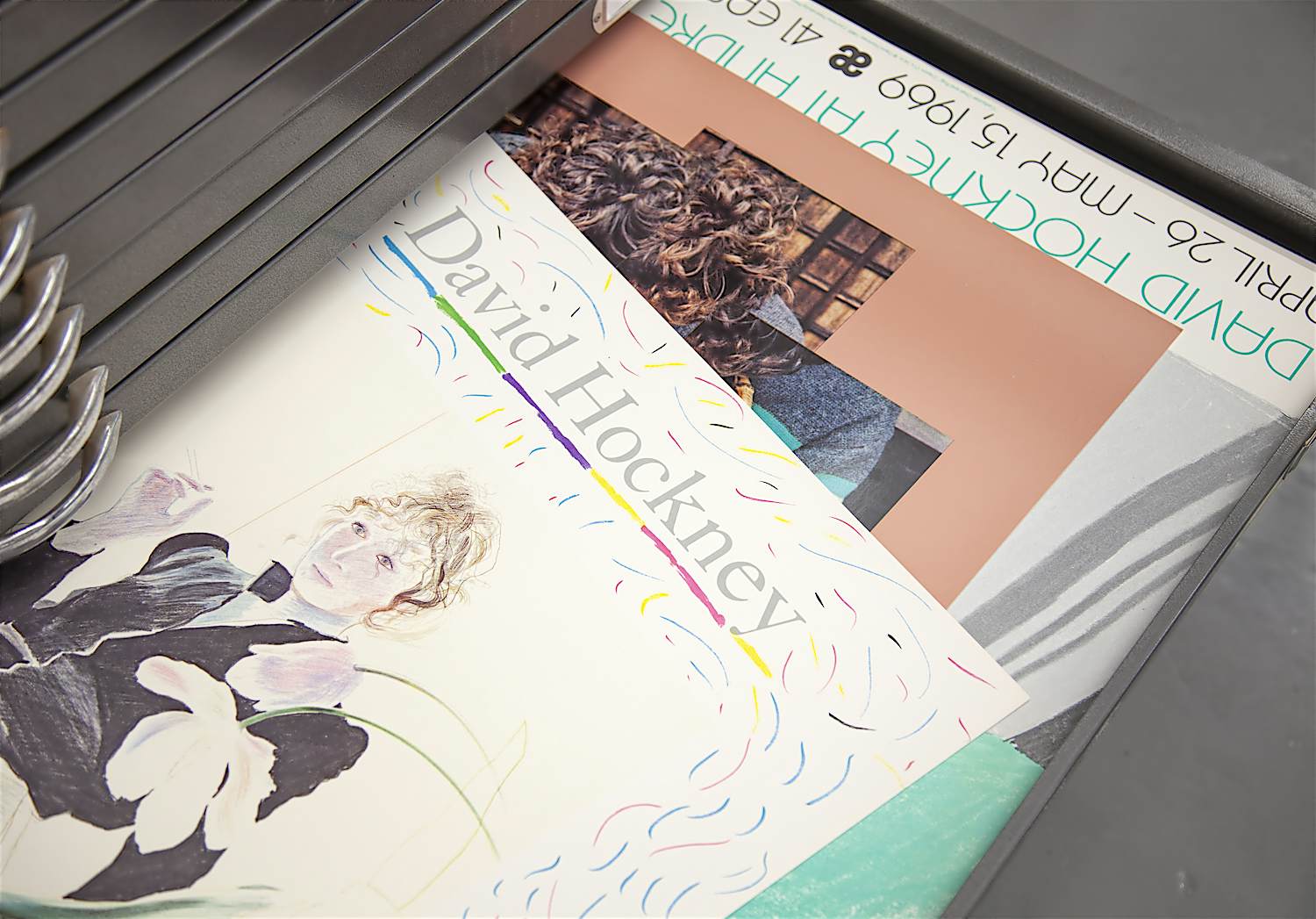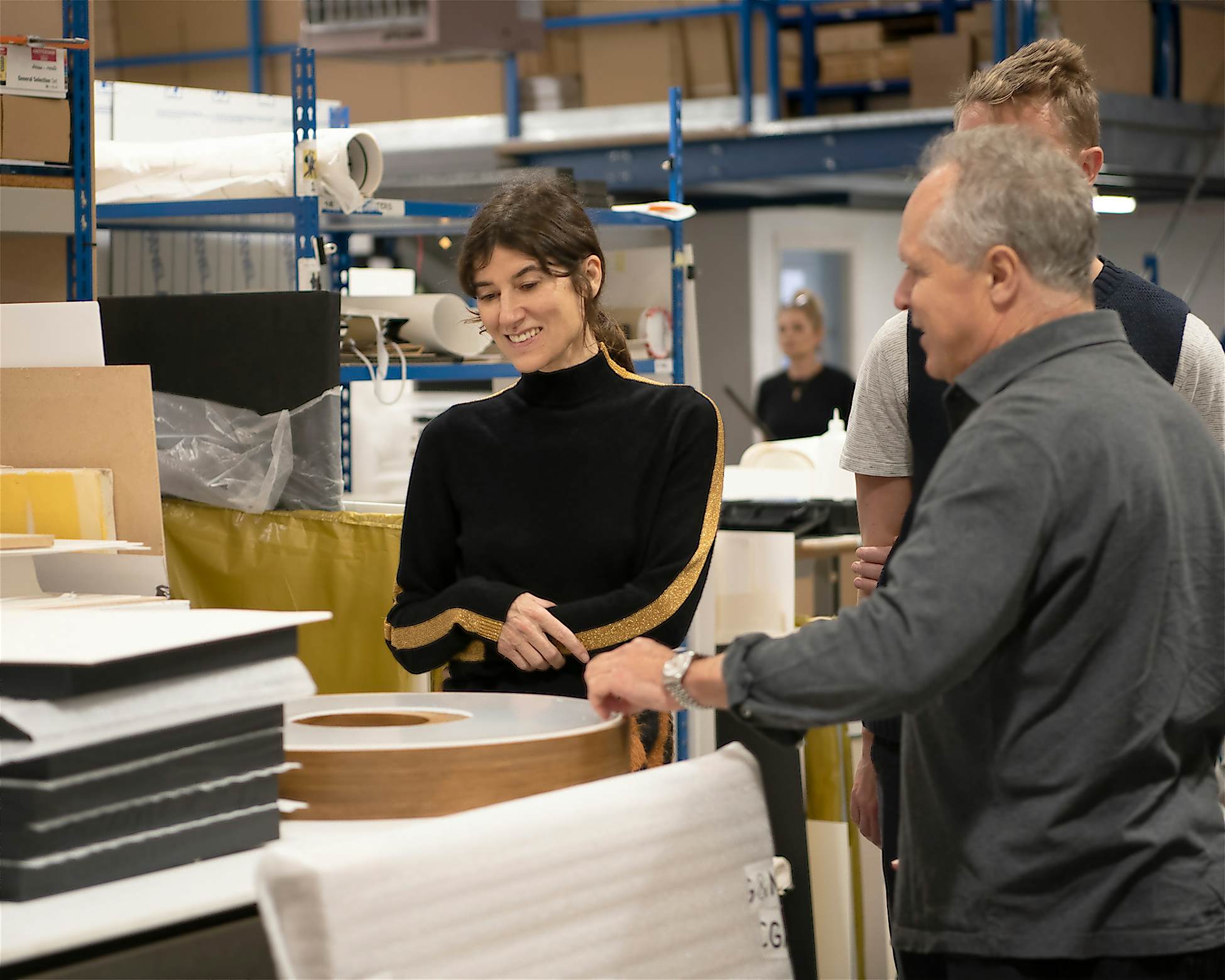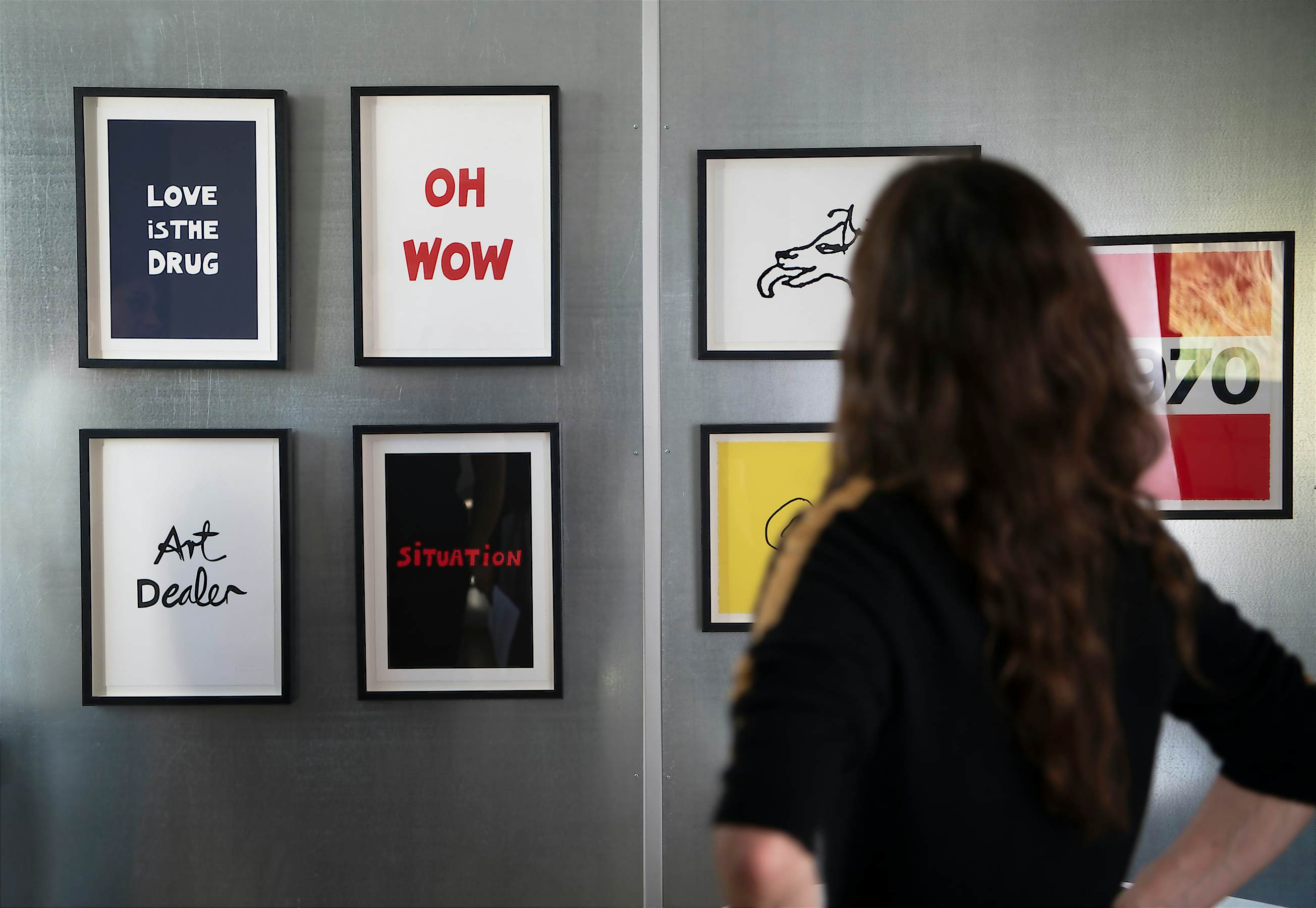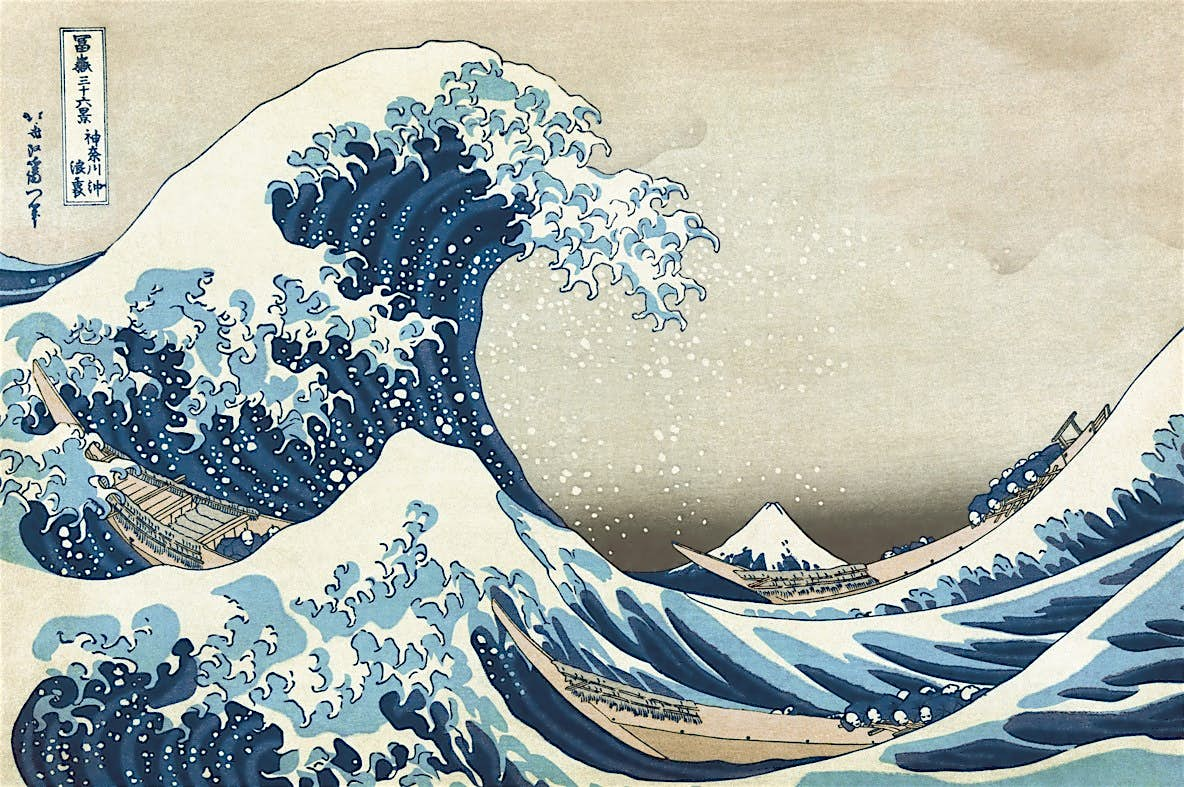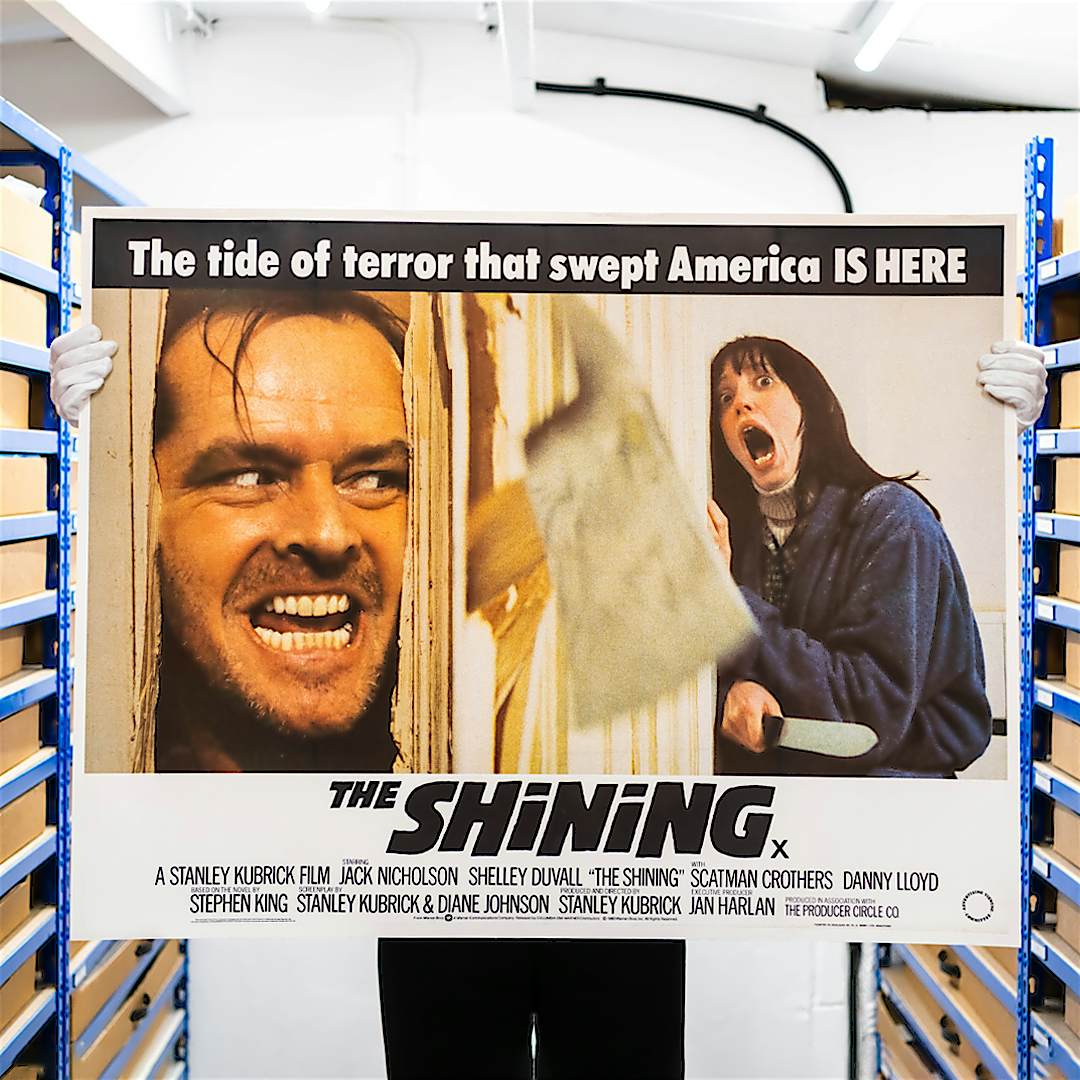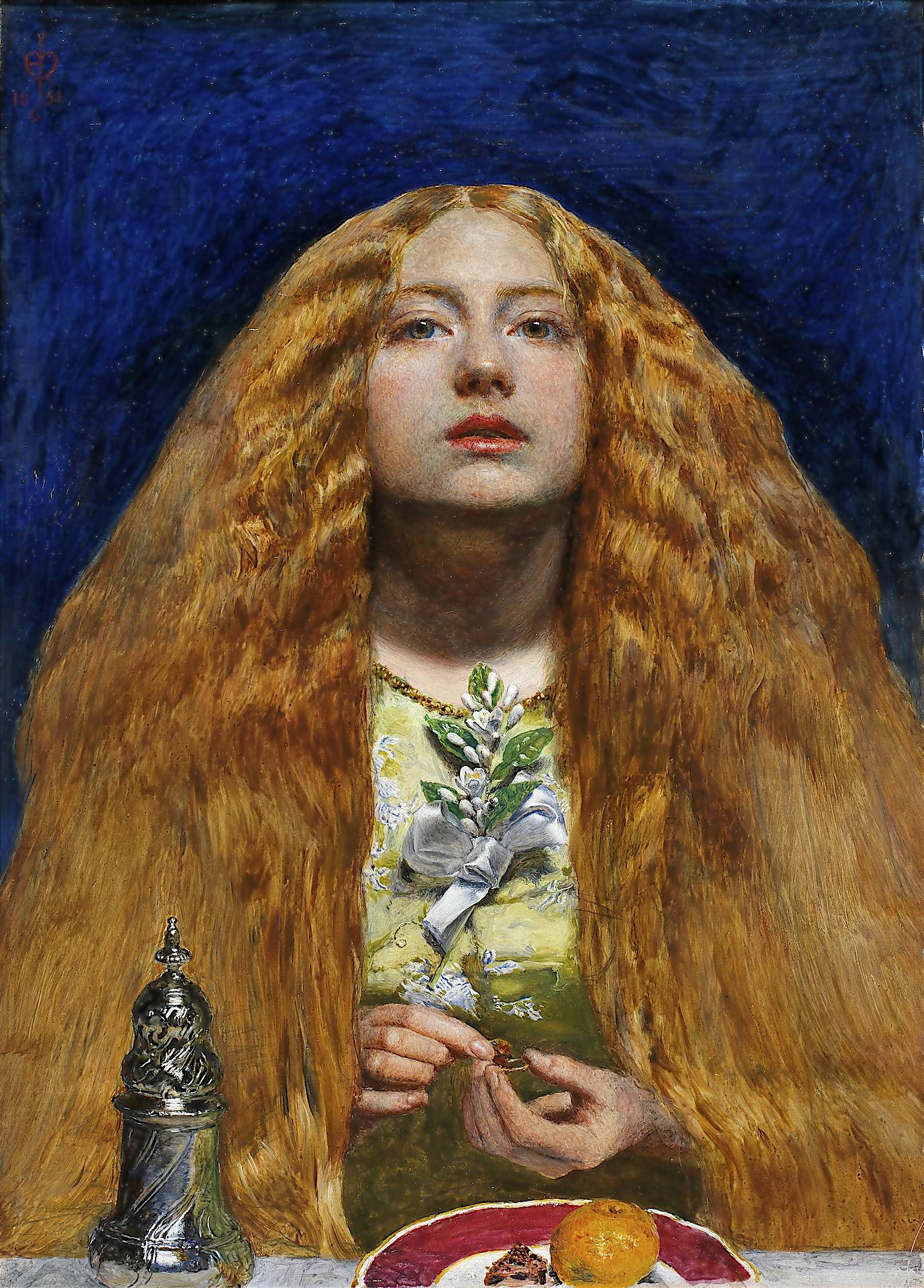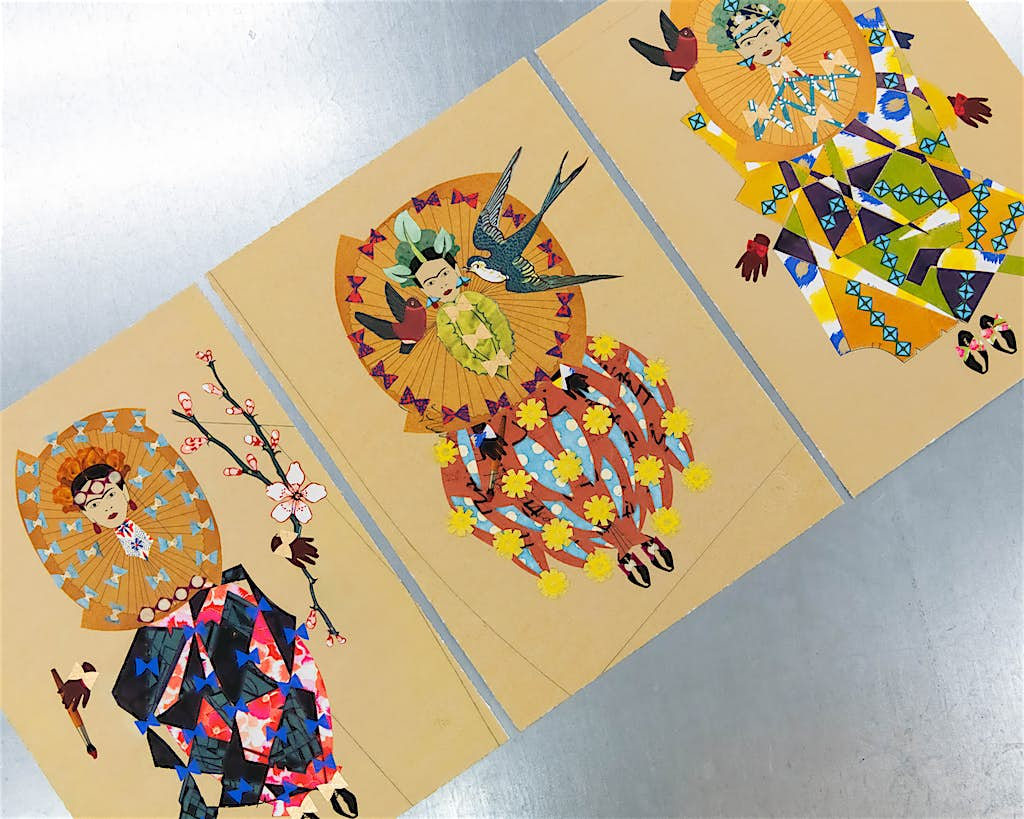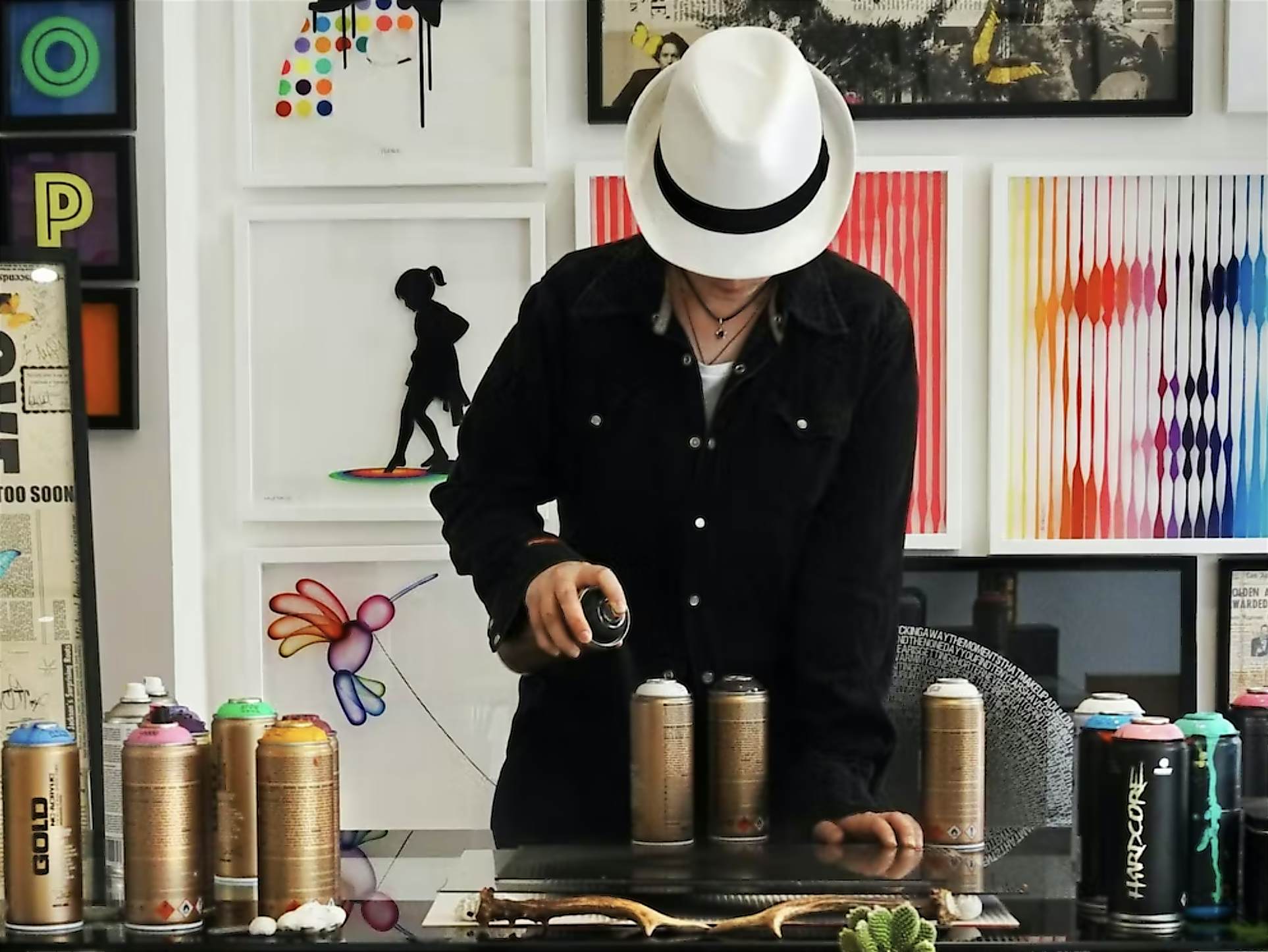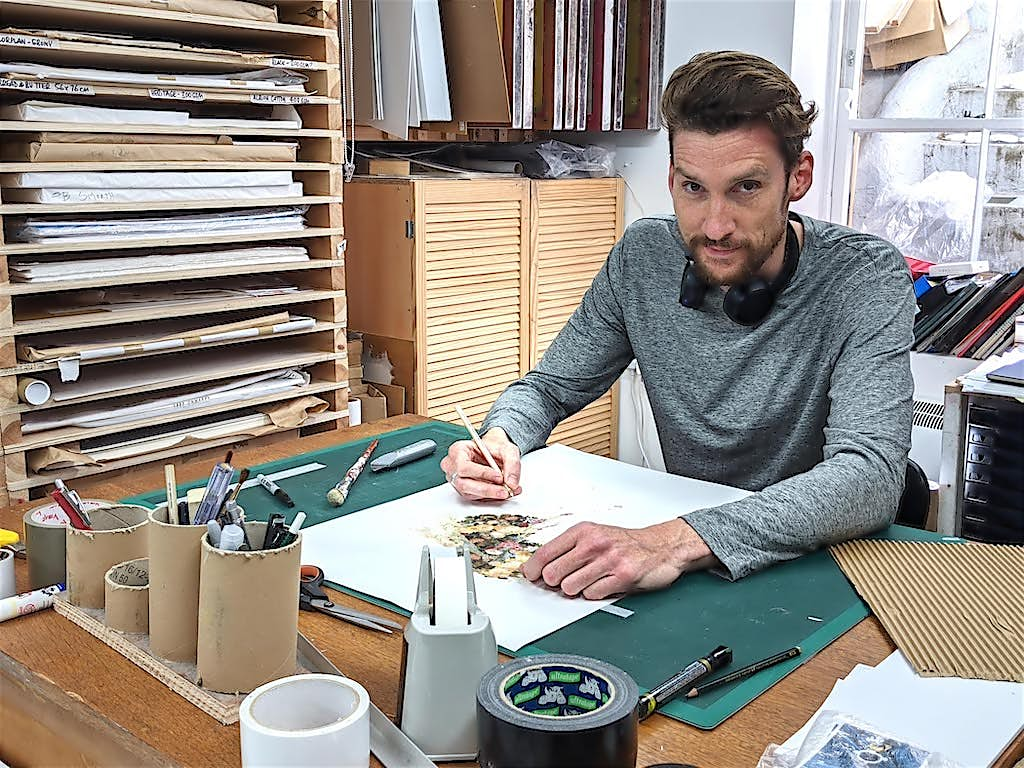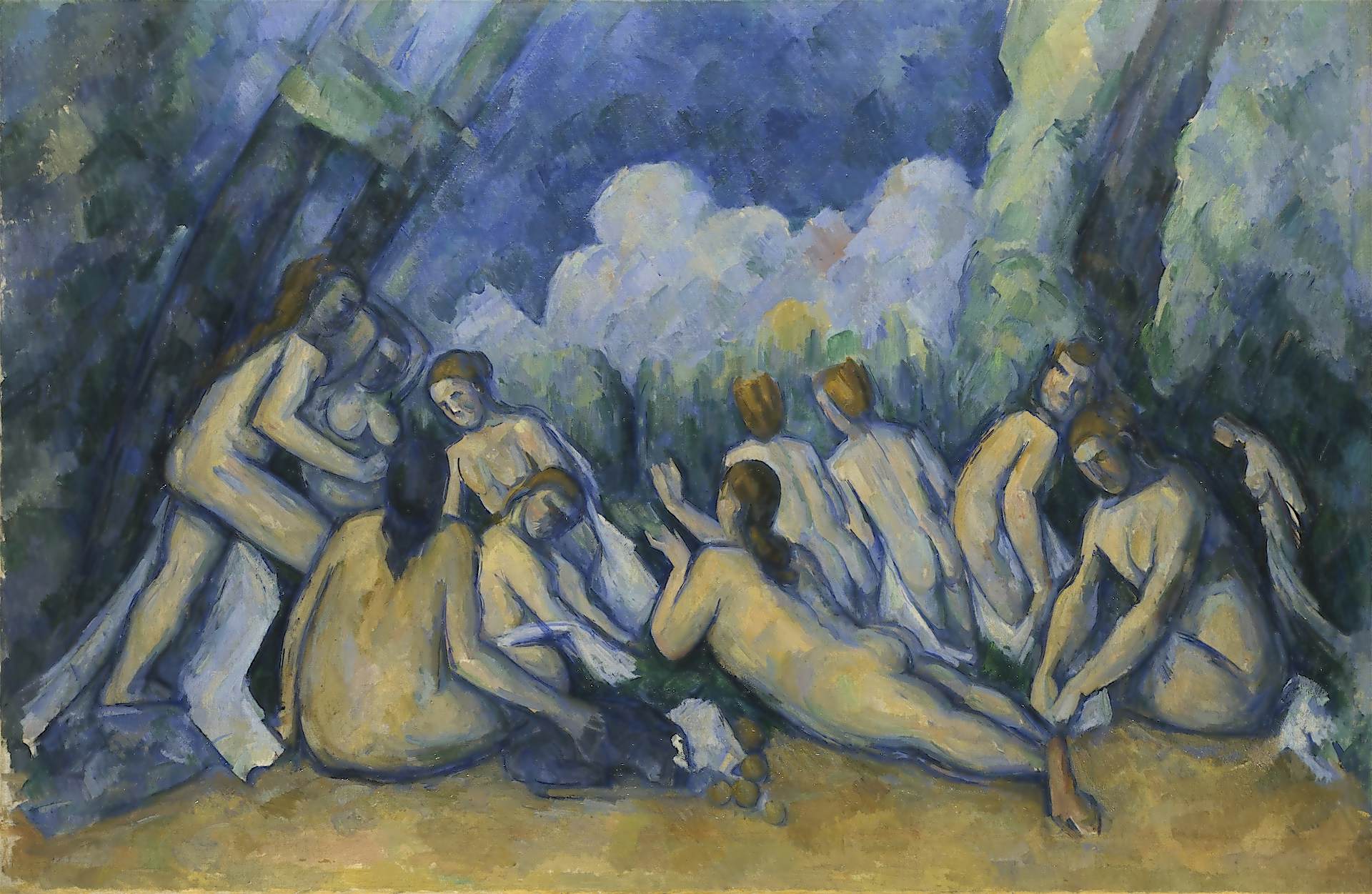RARE: Four original 1994 Pulp Fiction posters
Reading time: 3 mins
When Pulp Fiction was unveiled at a midnight hour screening at Cannes Film festival in 1994, it caused a sensation, and won Tarantino the prestigious Palme d’Or.
Created for the UK market, these original 1994 advance advertisement posters were designed for the film’s pre-release in contemporary cinemas. Join us as we take a closer look at the iconic characters from the cult classic film.
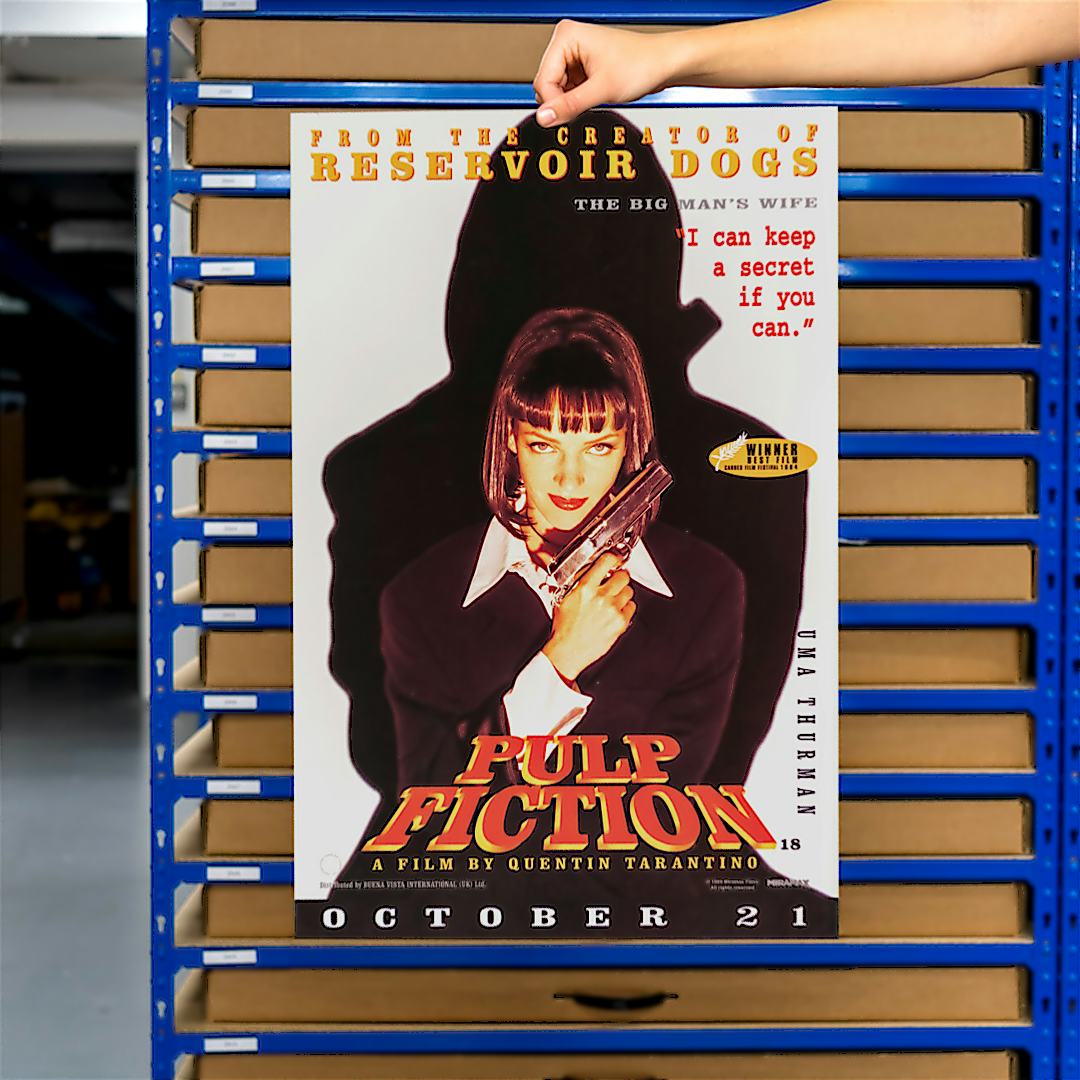
John Travolta – Vincent Vega
‘You play with matches, you get burned.’ – Vincent Vega
An uncharacteristically dark role for Travolta, his appearance in the film revitalised his career which had dwindled since his success of the late 70s with romantic-musical ‘Grease’ (1978) and dance-drama ‘Saturday Night Fever’ (1978).
Tasked with retrieving the mysterious briefcase that was stolen from mob boss Marcellous Wallace (Ving Rhames), Vincent Vega and Jules Winniefield (Samuel L. Jackson) spend their time in often high-risk and extremely violent situations, while musing about mundane things such as ‘...what they call a quarter pounder with cheese in Paris?’.
At a diner, the pair have a philosophical discussion about the incident at Brett’s apartment – where they escaped unscathed in what Jules calls ‘divine intervention’. Deeply moved by what happened, Jules decides to quit ‘the business’. Vincent, untouched by the near-death experience, carries on working for Wallace.
The circular narrative of Pulp Fiction allows for Vincent and Jules to be the final protagonists. After resolving the hostage situation created by Ringo (Tim Roth) and Honey Bunny (Amanda Plummer), the pair, placing their guns in the waistband of their beach-shorts, walk out of the diner to the soundtrack ‘Surf Rider’ by The Lively Ones, while fellow diners look on in a mixture of relief and horror. At this moment the structure immortalises Vincent, even though we already know his fate.
Uma Therman – Mia Wallace
‘I can keep a secret if you can’ – Mia Wallace
Mia Wallace, the wife of mob boss Marcellous Wallace, spends the evening with hitman Vincent Vaga who has been asked to take her out while her husband is out of town.
The pair drink ‘five dollar shakes’ and enter into a twist contest at the 1950s themed diner, ‘Jack Rabbit Slims’, which has since become one of the most memorable eateries in film history.
Developed by Tarantino as a femme fatale, the mysterious character of Mia was modelled after the alluring French New Wave actress, Anna Karina. Apart from the perfect casting of Therman in the role – which catapulted her to A-list stardom – one ingenious piece of costume design subliminally made Mia mirror her male mobster counterparts.
Wearing a white shirt, with cropped black trousers and gold Chanel ballet flats, Mia’s outfit, which was designed by Betsy Heimann, is a chic, feminine take on the classic Los Angeles mobster look of the ‘Tarantinoverse’.
Once the film was released in cinemas on 21st October, 1994, the advance posters were replaced with the official poster that features the iconic image of Uma Therman, photographed by Firooz Zahedi.
Harvey Keitel – The Wolf
‘I don’t smile in pictures.’ – The Wolf
Known as a ‘cleaner’, Winston (The Wolf) Wolfe is a master of cool and a professional at getting rid of nasty problems. The Wolf is called to Jimmie’s (played by Tarantino himself) house, where Vincent and Jules are hiding-out after Vincent accidentally fatally shoots Marvin in the back of their ‘74 Nova.
Adding to its rarity, the quote featured on this advertisement poster never actually made it into the film. In the original script, the unlikely clan were supposed to, upon Jimmie’s request, pose for a photo. Having had the pleasure to work with Winston Wolfe, the photo was to commemorate the morning’s achievements.
Starring in Martin Scorsese’s ‘Mean Streets’ (1973), and ‘Taxi Driver’ (1976), Harvey Keitel had been one of Tarantino’s favourite actors since his youth.
After reading the script for ‘Reservoir Dogs’ (1992), Keitel was so impressed that he became the co-producer which, in turn, enabled Tarantino to smash his original funding target of $30,000, eventually reaching $1.5 million.
Following the success of his 1992 feature-length debut, Tarantino went on to write the character of ‘The Wolf’ specifically for Harvey Keitel.
Bruce Willis – Butch Coolidge
‘He was dead before he ever stepped into the ring.’ – Butch Coolidge
Aging boxer Butch is approached by mob boss Marcellus Wallace to lose the last fight of his career in exchange for an undisclosed sum of money. With Butch as the bookies underdog, the boxer double crosses Wallace and places multiple large bets on himself to be the fight’s champion.
After winning the fight – and unknowingly killing his opponent Floyd Willis – Butch plans on making a quick getaway with his winnings, only he has to make a last-ditch return to his apartment to retrieve his father’s watch. ‘I'll be back before you can say Blueberry pie’, he tells his girlfriend, Fabienne.
Believing he is safe inside his apartment, Butch takes a breath and puts some ‘toaster pastries’ in the toaster. Why would he suspect that a hitman is using his toilet? But suddenly he notices the shotgun carelessly left on the side. Moments later in a silent exchange, Butch kills Vincent with his own gun.
Though Butch has committed his fair share of felonies, the worst crimes are acts of self-defense, and even saving Marcellous. Interestingly, if Pulp Fiction were linear in structure, the final scene would be Butch and Fabienne (Maria de Madeiros) as they ride off on Zed’s chopper to collect their winnings and begin a new life – having escaped and outwitted the LA gangsters.
Subscribe to our newsletter
Be the first to hear about our new collections, limited edition launches, and enjoy artist interviews.
By subscribing you agree to our privacy policy.
Contact us
01273 511 942
Mon-Fri, 9 am - 5 pm
All art prints and images on this website are copyright protected and belong to their respective owners. All rights reserved.






